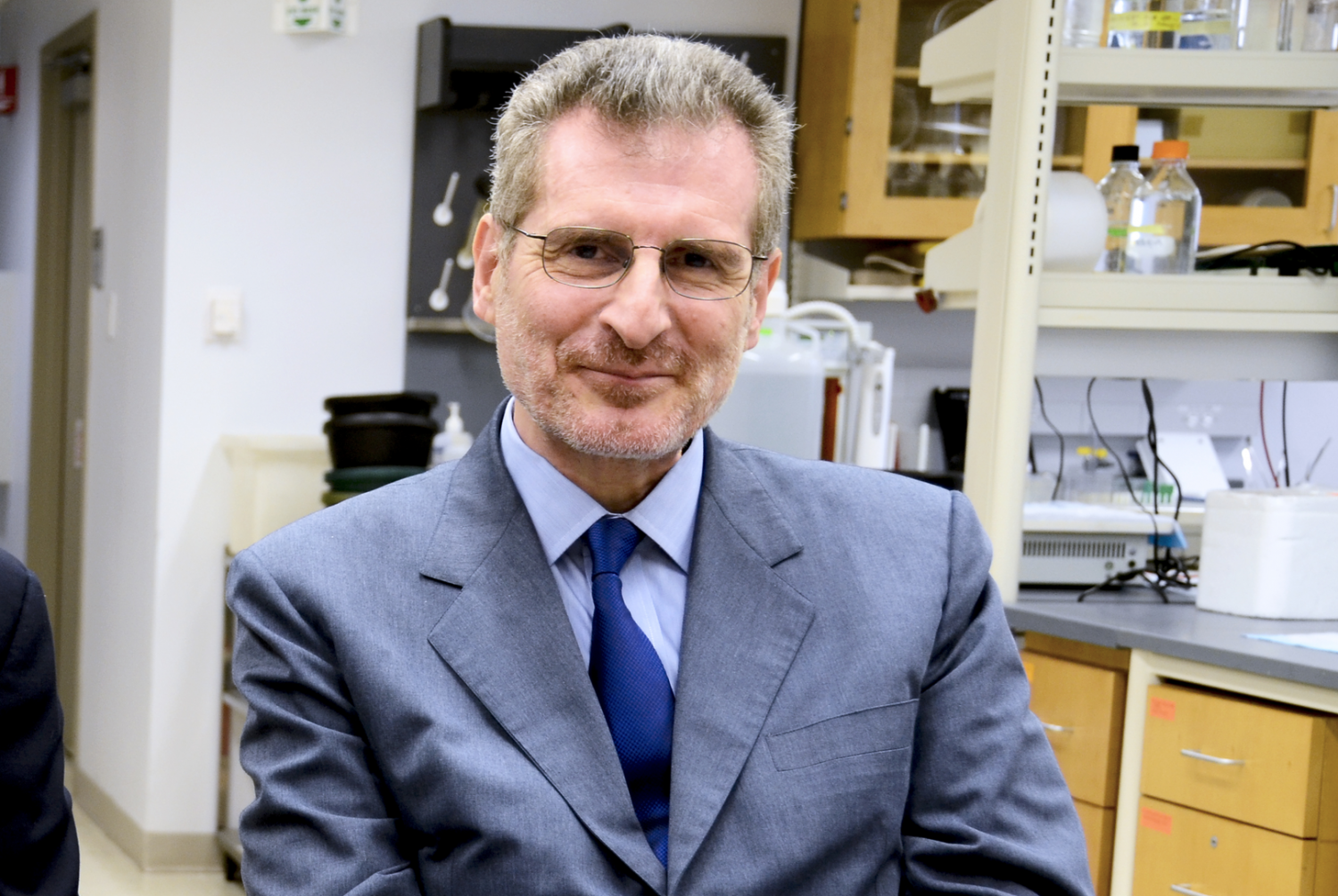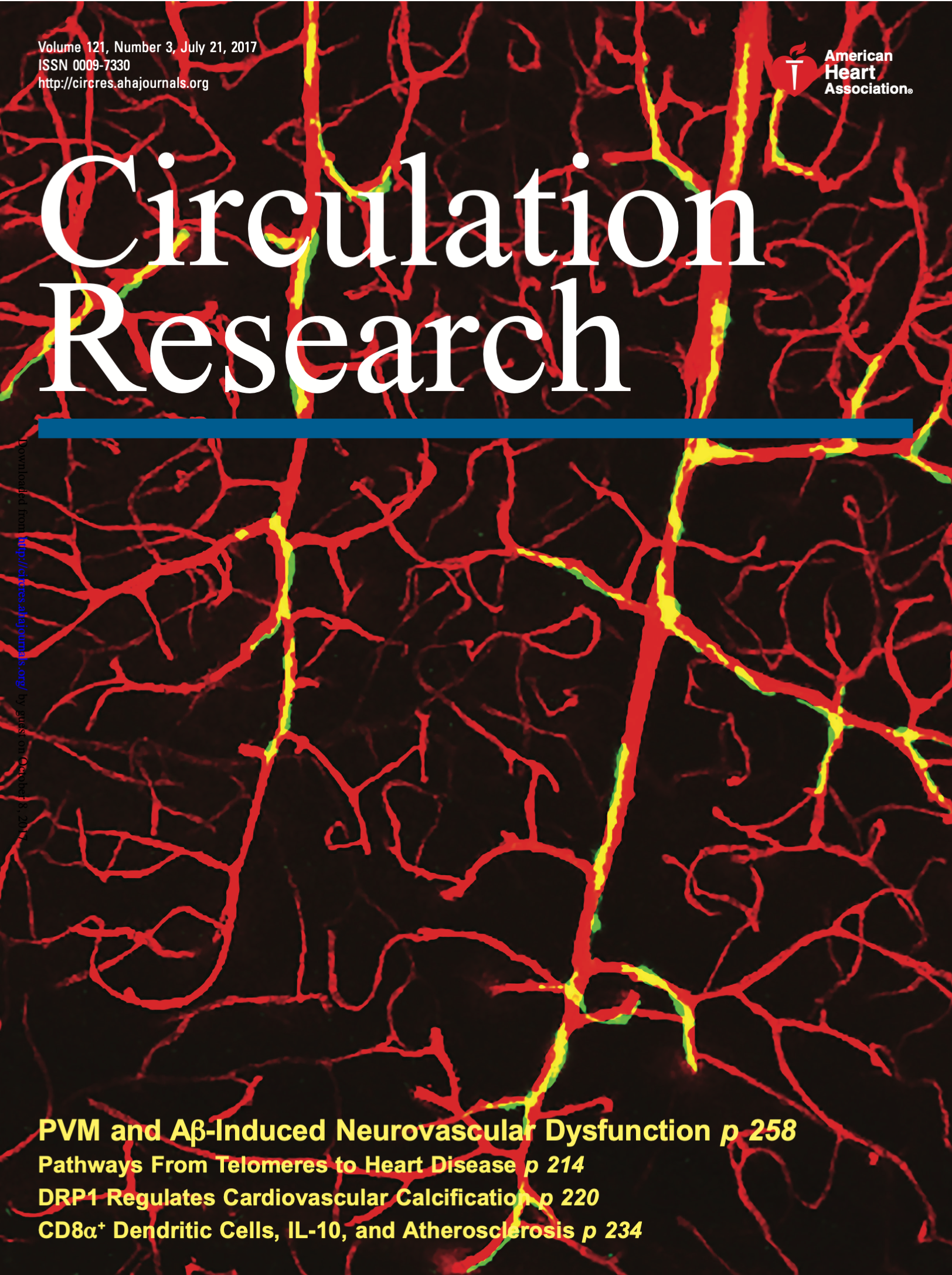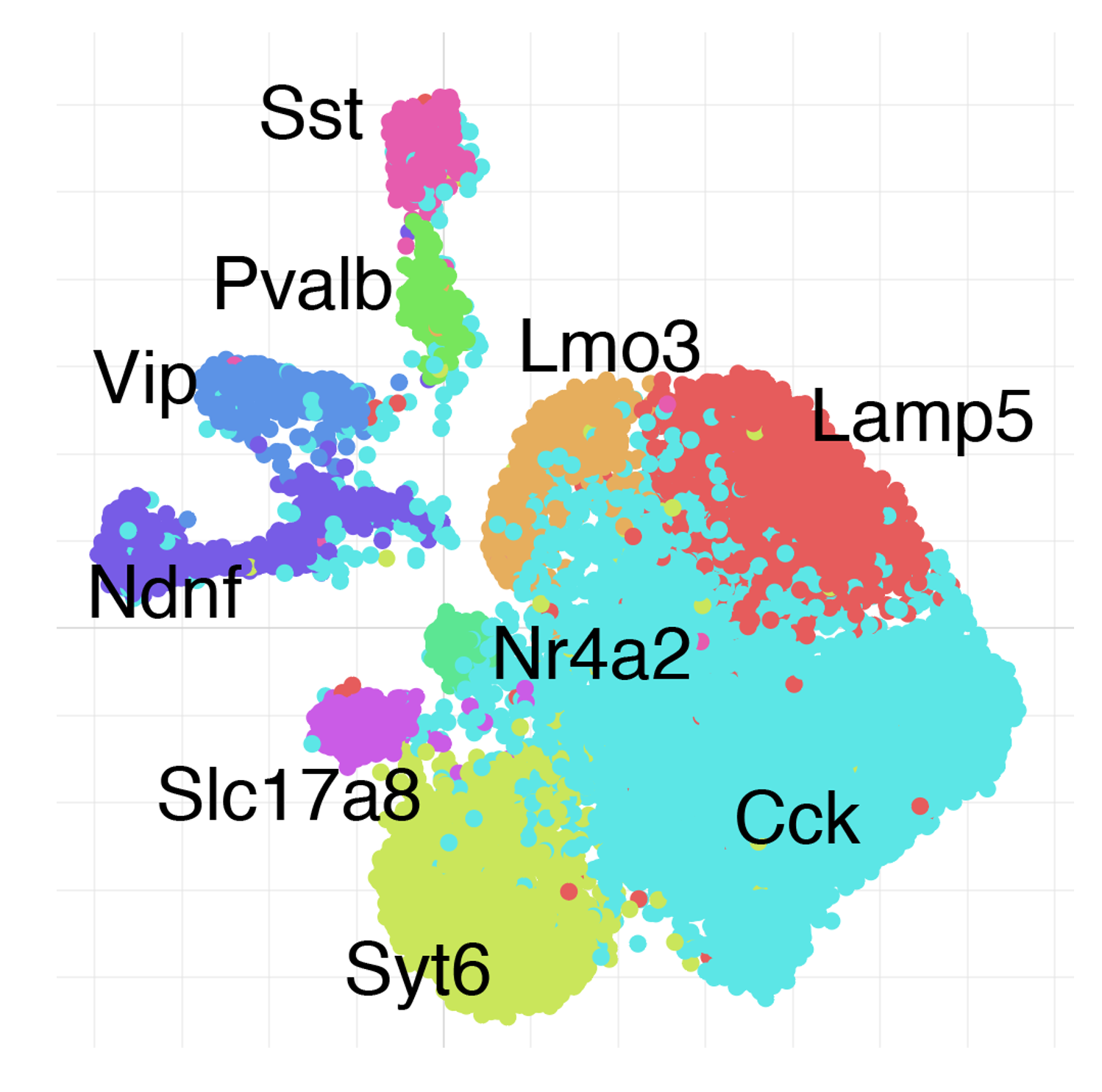
Research
Stroke, most often caused by a sudden reduction in the blood supply to the brain, is a leading cause of death worldwide with limited treatment options. We are investigating the role of immune cells in the brain damage caused by stroke. Current work focuses on the role of gut microbiota and innate immune cells (microglia and border associated macrophages) as therapeutic targets.
Alzheimer’s disease (AD) is the most common cause of dementia in the elderly. We are studying the role of a faulty vasculature in the mechanisms of neurodegeneration. In particular, we are investigating the powerful actions of amyloid-beta and tau, leading pathogenic factors in AD, on the neurovascular unit.
Text BoxHypertension is a leading risk factor for stroke and dementia including AD, but the mechanisms remain unclear. We are studying the role of border associated macrophages, resident immune cells distinct from microglia, in the cognitive deficits caused by hypertension. We are also examining the role of adaptive immunity, particularly meningeal T-cells, and its impact on the neurovascular unit and cerebrospinal fluid clearance pathways.
ApoE4, the strongest risk factor for AD is also implicated in the white matter degeneration that causes vascular dementia. We are elucidating how ApoE4 is able to compromise the health of the white matter focusing on its interaction with the neurovascular unit through innate immune cells in the brain.
Dietary salt has been linked to stroke and dementia. We are investigating the mechanisms of this powerful effect by examining the relationships between alterations in the gut microbiota induced by dietary salt, T-cell expansion, and their impact on cerebral endothelial cells to promote neurodegenerations and cognitive impairment through the production of the AD protein tau.
Neurovascular coupling is a fundamental property of the brain that links neural activity to the delivery of nutrients to the brain through blood flow. We are investigating the cellular and molecular mechanisms regulating the neurovascular unit during neural activity focusing on the relationship between cortical interneurons and the microvasculature We are investigating the hypothesis that different classes of interneurons have distinct roles in neurovascular coupling and that some of these interneurons are targeted by the Alzheimer protein tau or hypertension to suppress neurovascular coupling.
Our studies use mouse models enabling conditional deletion of the genes of interest coupled with in vivo imaging approaches (multiphoton microscopy, ASL-MRI, etc.), viral gene transfer, transcriptomics, proteomics, metabolomics, etc., electron microscopy, as well as ex vivo electrophysiological approaches (patch clamping, molecular imaging, etc.), and flow cytometry-based techniques to phenotype immune cells.
Figure 1

Figure 2

Current Projects:
- Immunity, stroke and dementia
- Hypertension, dietary salt, ApoE and neurodegeneration
- Vascular contributions to Alzheimer’s disease
Bio
Dr. Iadecola, a clinician-scientist, received an MD from the University of Rome, Italy. He joined Weill Cornell first as a post-doctoral fellow, and then as neurology resident. After the residency, he moved to the Department of Neurology of the University of Minnesota. There, he quickly rose through the academic ranks serving as Professor and Vice-Chair for Research. In 2001, he was recruited back to Weill Cornell as the Director of the Division of Neurobiology. In 2012 he was appointed Anne Parrish Titzell Professor of Neurology, and Director and Chair of the Feil Family Brain and Mind Research Institute.
Distinctions:
- Javits Award, NIH/NINDS (1999 and 2015);
- Willis Award, Stroke Council, American Heart Association (2009);
- Zenith Fellow Award, Alzheimer’s Association (2011);
- Excellence Award in Hypertension Research (Novartis), Hypertension Council, American Heart Association (2015);
- Member, Association of American Physicians (2015);
- Basic Science Prize, American Heart Association (2021);
- Lifetime Achievement Award, International Society for Cerebral Blood Flow and Metabolism (2022);
- Highly Cited Researcher, Clarivate Analytics (top 1% of most cited authors in neuroscience and behavioral science; 2018 to present)
